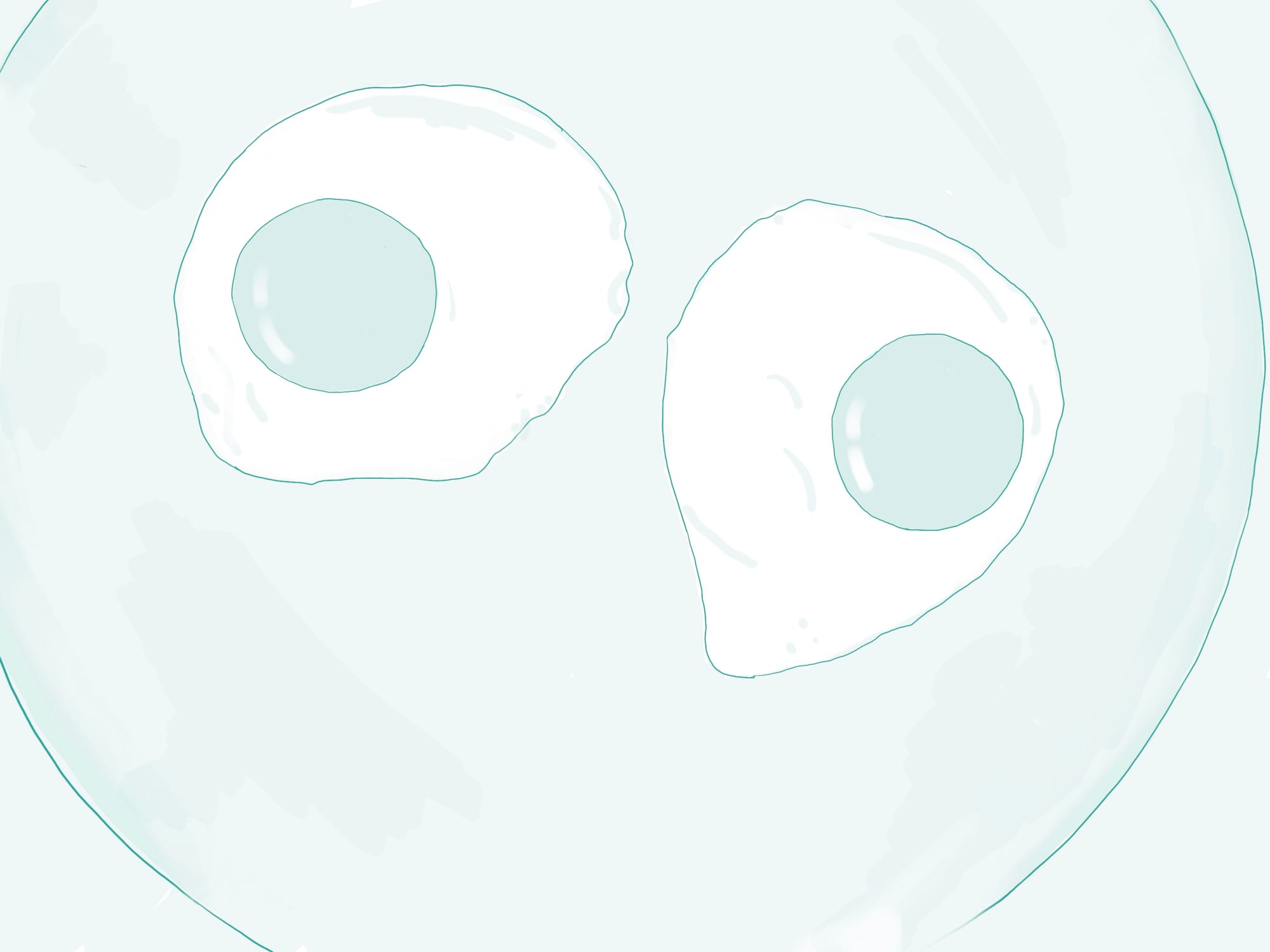Culture on Egg Shells
How social policing has made us more sensitive than ever, or scared to say a word.

I have a friend from London who likes to smoke. As you know, I'll be friends with anyone. At a large group dinner, where patrons were grazing and conversating, my friend stepped up from the table, summoned another friend, and told me she was going out to suck a fag.
Knowing I’m no stranger to vice, she invited me to do the same. I politely declined, declaring I’m trying to quit and that I’m happily married — to an attractive woman, I might add.
She enjoyed her time more than once in the evening, and I can only hope the time enjoyed her, if that's even possible. It's not lost on me that a conversation across cultures might be teeming with terminology that would be offensive to Americans, but I accept my friends from across the pond for who they are and where they are on their journey to enlightenment. I can handle a word off color for sure, but when she started calling fries "chips," I’d had enough. When you start demeaning my dinner, that’s where I draw the line.
And therein lies the rub. How could she have known how my people feel about fries? Why am I so sensitive? Why is everyone else?
I wrote about this two years ago in the in depth article on language, Words Ruin Everything. And they do. Language changes across cultures and across time. If I told you about the time I pressed my thongs against the dash of a station wagon, you'd probably think I was a pervert, but in 1986, I was just a little kid in summer footwear.
What I'm hearing from the world around me today is that allyship and support in 2025 doesn't look like breaking bread or fireside chats. It looks like semantic purity. It looks like using words like allyship, because giving it a name is the only way to ensure people know you are sufficiently righteous. But it also looks like being offended, early and often, and doxing the offender by mob online.
This week, Sydney Sweeney was the subject of the mob's ire. In the edgy American Eagle ad, Sydney Sweeney Has Great Jeans, the ad employs clever wordplay between genetics and denim. She says, "Genes are passed down from parents to offspring, often determining traits like hair color, personality, and even eye color. My genes are blue."
Internet users flipped over it. One viral post said, "Maybe I’m too … woke, but getting a blue-eyed, blonde, white woman and focusing your campaign around her having perfect genetics feels weird…"
Another said, "Sydney Sweeney is a great example of white supremacy being the only way a lot of people derive self-esteem." Those who choose to downplay claims of racism still say American Eagle is pushing unattainable beauty standards, but in their defense, the ad does say explicitly that Sydney Sweeney has good genes, so they are not hiding behind any delusions.
So now it's taboo to be hot and white.
But it's not just that. It's nearly taboo to be alive. Lizzo was shamed for being fat, then shamed for getting skinny. She was shamed for being vegan, and subject to even more shame when she decided to start eating meat. Double the shame for pointing out that it helped her lose weight.
Gal Gadot ignited controversy over her casting as Cleopatra, with angry folks calling it "whitewashing" and saying that an African should have played the role. Then, when Rachel Zegler was cast in the role of Snow White, critics said they should have cast a white woman.
Everything people do in public life will be criticized, because there is a forum to do so. But these innocent offenses find their way to dinner tables as well. We have to be careful of every phrase. God forbid you be labeled as "pro-cop" or anything-phobic, for offenses as little as using a word not approved in the lexicon of the obsessively offended. Say anything, however innocently, and you may discover that your words will be used to sentence you to social pergatory.
What's worse is that the words designed to help people may be turned around and weaponized against you as well. In today's therapy culture, we're forced to "validate" someone's feelings because their feelings are "real," even if the premise of those feelings is based on pure bullshit. Any critical feedback is "gaslighting," and giving someone the cold shoulder is now called "boundaries." As soon as either word is invoked, any response in your defense is considered an attack. When my feelings can determine your guilt, without regard for reality, we have a never-ending supply of disappointment.
Honestly, it must be exhausting.
I'm not opposed to being better, though. I like being a better person. That's why I keep practicing. We all want the world we live in to be better, but the culture police have only made it worse.
I've spent the better part of my life ignoring as many reasons to be offended as possible. But today, every word is at risk. But if I try putting myself in other people's shoes, I usually find that what I hear is not necessarily what was said. It's obvious that cultures vary across the pond, but you don't have to travel that far to find a different perspective. It would be better if we were open to seeing one.

